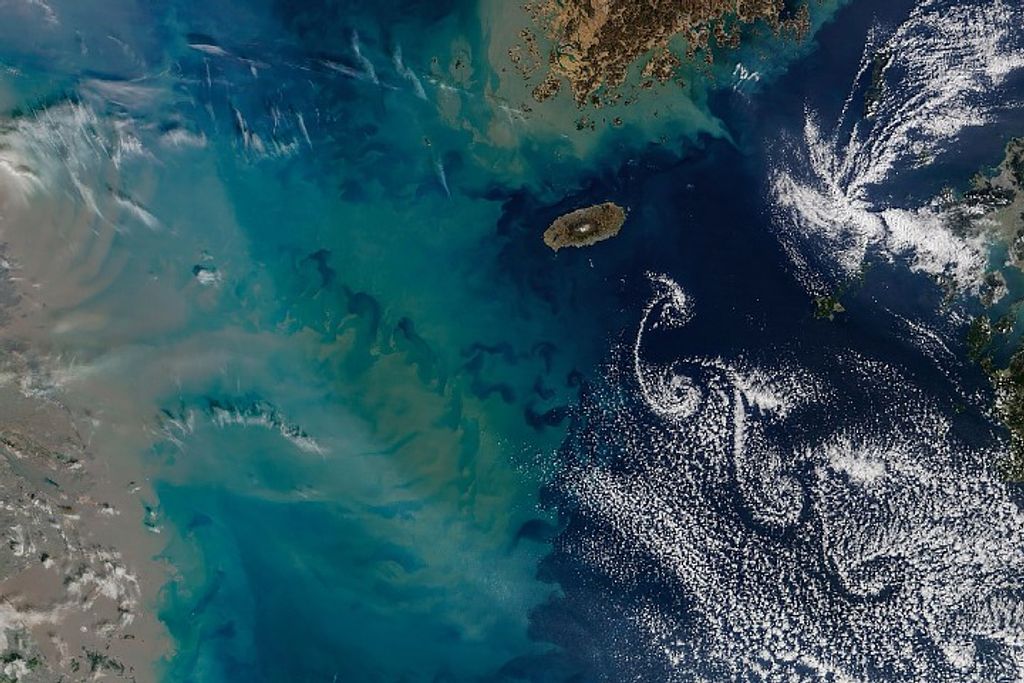PI Workshop Sessions
Introduction to the proposal process
Ellen Gertsen (SMD) describes the overarching proposal process at a high level. This is not geared towards any particular branch of SMD, but is more of a general discussion as a way to start off the workshop and provide some context on what a proposal needs to do.
- Introduction Slides (PDF)
- Watch Introduction on YouTube (18:08 minutes)
Session 1- Creating a science case
In this session, moderator Ellen Gertsen (SMD) focuses discussion about how to create a compelling science case for your mission.This session has 6 panelists from a range of backgrounds: Julia Breed (GSFC), Craig Kletzing (Iowa), Kathy Mandt (APL), Evgenia Shkolnik (ASU), Chris Walker (UA), and Randi Wessen (JPL)
- Watch Session 1 on YouTube (37:29 minutes)
Session 2- Requirements
Three specialists from NASA provide their take on what requirements are, how they can be defined, and what requirements are needed for different types of proposals.
Betsy Pugel (GSFC): “What are requirements and why they are your friends…”
Jared Leisner (NASA HQ): “NASA SMD Level-1 Requirements”
Lisa May (Lockheed Martin Space Advanced Programs): Requirements in NASA Science Missions
- Session 2 - PDFSlides (L. May)
- Watch Session 2 (L. May) on YouTube (26:05 minutes)
Session 3- The Science Traceability Matrix
Sabrina Feldman (JPL) discusses the key parts of the STM, which is a required table for a NASA mission proposal. The STM captures the flow from science requirements and mission objectives to the instrument and mission requirements. The STM is a key component for a successful mission.
- Session 3 - PDFSlides (S. Feldman)
- Watch Session 3 on YouTube (50:17 minutes)
Session 4: Proposal Process: What to expect from start to finish?
Ellen Gertsen (SMD) describes how NASA evaluates mission proposals and what a potential PI might expect from the process.
- Session 4 - PDFSlides (E. Gertsen)
- Watch Session 4 on YouTube (26:16 minutes)
Session 5: Science Team: How Do You Build One?
Dra. Nicole Cabrera-Salazar (Movement Consulting) moderates this panel of PIs to discuss best practices for building an effective and diverse science team. The 4 panelists have either submitted proposals or are currently PI’ing missions: Erika Hamden (UA), Laura Kerber (JPL), Elisa Quintana (GSFC), Zibi Turtle (APL)
- Watch Session 5 on YouTube (27:08 minutes)
Session 6: How Do You Get Support from Your Home Institution?
Michael New (SMD) moderates this panel focused on how to get support for your proposal from a range of stakeholders. This includes your home institution, NASA centers, and other possible supporters. Panelists: Julia Breed (GSFC), Sabrina Feldman (JPL), Jay Fletcher (ARC), Rob Lillis (SSL), John O'Neil (UA), Constance Spittler (LASP)
- Watch Session 6 on. YouTube (47:56)
Session 7: Speed Networking: How Do You Build Partnerships?
This session was not recorded. Launchpad participants had short discussions with representatives from industry, NASA centers, etc.
Session 8: Pitch Development and Practice
This session was not recorded. Launchpad participants used Launchpad Workbook pages 37-45 to develop either a 30 second pitch or a 3 minute pitch, geared towards a specific audience. Then they practiced their pitch with a partner, who recorded them on a smartphone. The partner provided feedback and suggestions for improvement.
Session 9: Proposal Timeline
Paul Propster (JPL) and Randi Wessen (JPL) walk through a typical proposal timeline for development at a place like JPL. This is meant to be illustrative and not a strict schedule, but can give a sense of how far out in advance this work begins. By the time a call for proposals is released, a typical mission will have been in development for over a year. Knowing the timeline can help you to figure out when you should start taking steps for your own mission development. Page 47 in the Launchpad Workbook gives an opportunity to figure out your own schedule for action.
- Session 9 - PDFSlides (P. Propster and R. Wessen)
- Launchpad Workbook (PDF)
- Watch Session 9 on YouTube (34:01 minutes)
Session 10: Storytelling
Paul Propster (JPL) provides insight into how storytelling can be used to make a compelling and exciting proposal. Proposals are by their nature persuasive documents, and developing the story of your proposal can provide cohesion for the science team, for the writing process, and for clarity during evaluation.
- Session 10 - PDFSlides (P. Propster)
- Watch Session 10 on YouTube (51:46 minutes)
License Creative Commons Attribution license (reuse allowed)





























